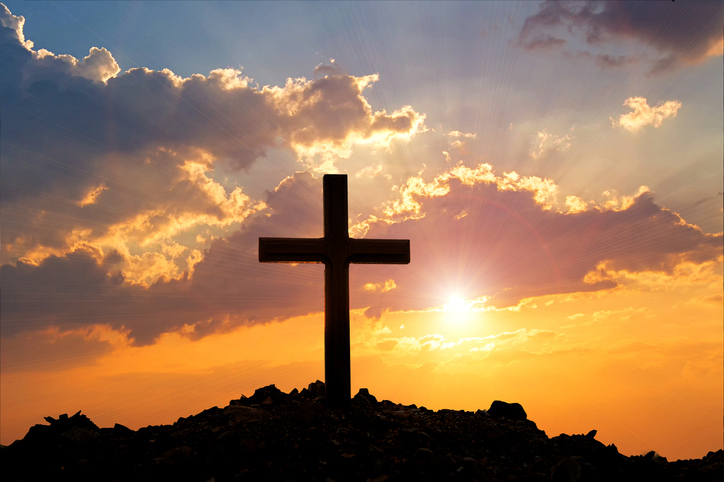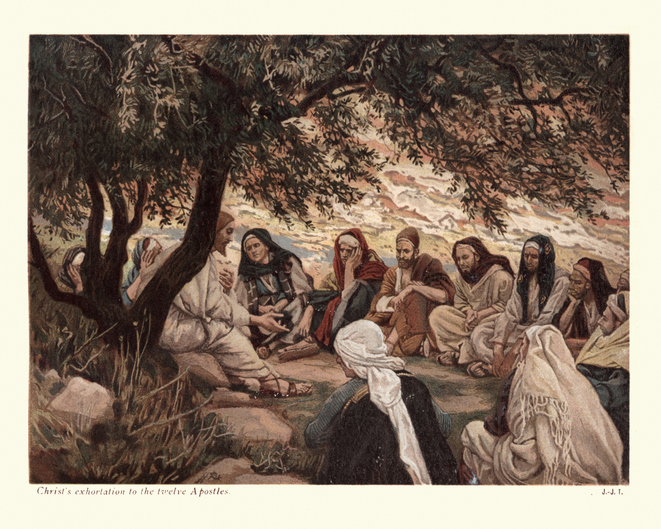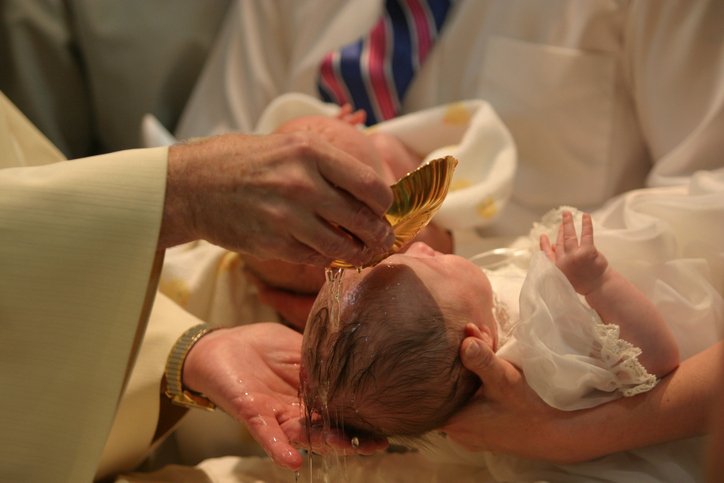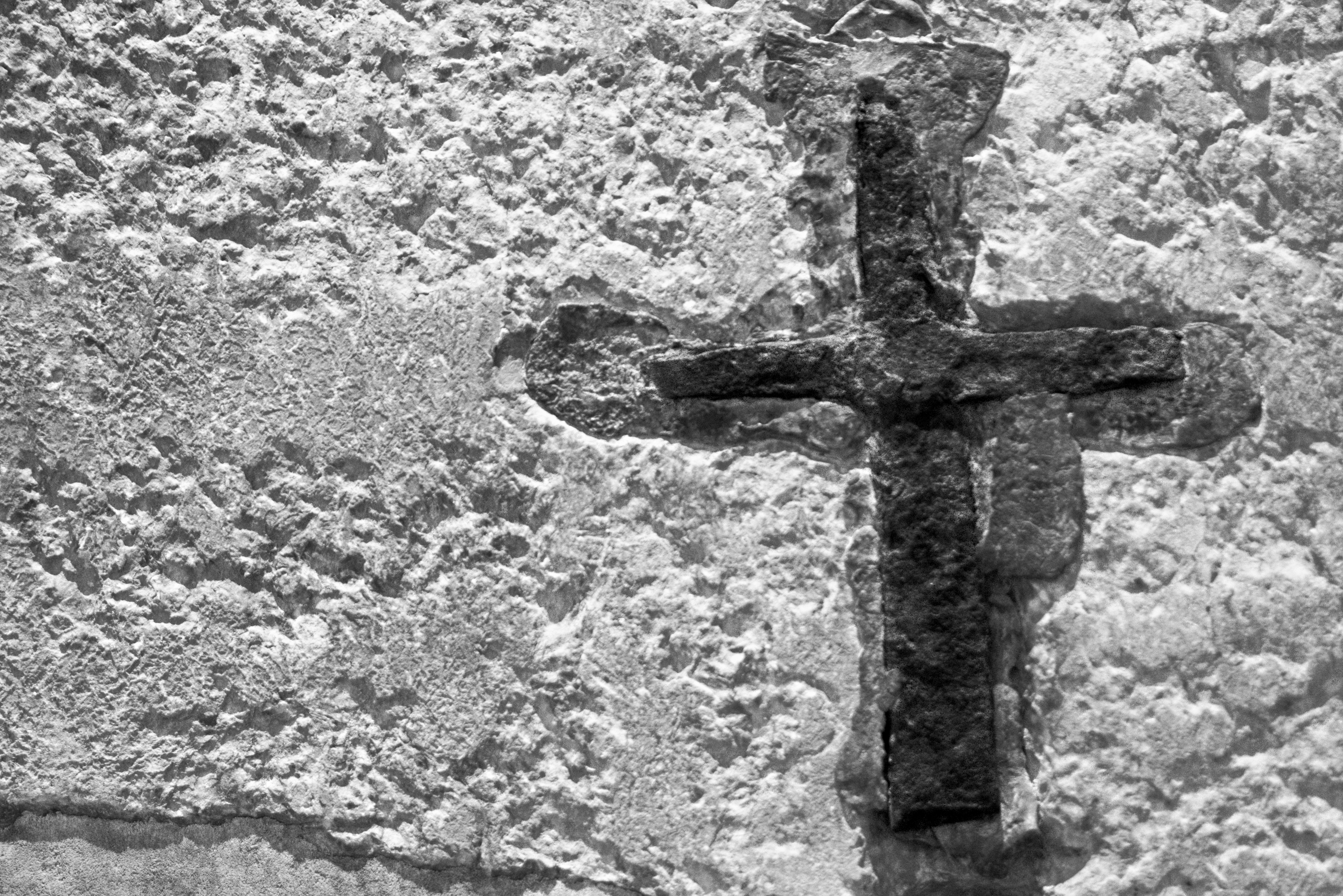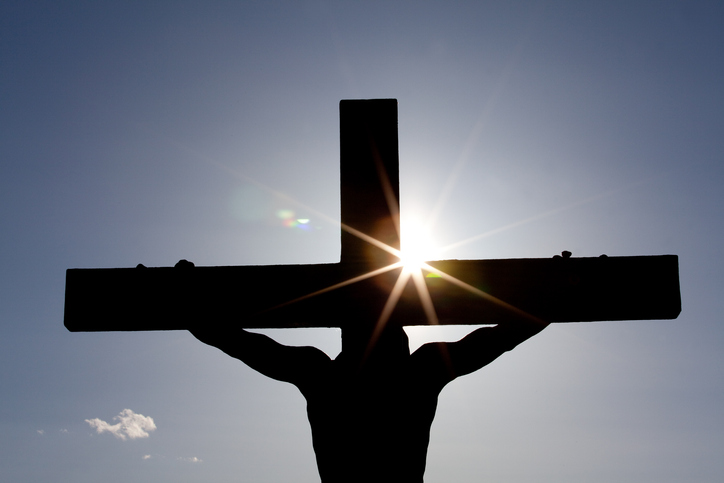I certainly don’t remember my first reconciliation (we called it ‘confession’ then). I do remember feeling really weird in a reconciliation room without a screen or divider for the first time. What does always stay with me after receiving the sacrament of reconciliation is the feeling of relief and acceptance, the freedom that comes from a weight of angst, guilt, shame that has been lifted from my conscience.
I bet the same was true of the paralytic that Jesus healed in today’s gospel. During Jesus’ time, those with disabilities, infirmities, or mental illness were believed to be carrying great sins and usually shunned by society. The people who brought the paralytic on the stretcher had great faith. Jesus told the man, “[y]our sins are forgiven.” He rose and went home and the crowds there were struck with awe and glorified God.
I put the brackets around the ‘y’ above because Jesus came to forgive all of our sins, not just one person. The Catechism of the Catholic Church explains reconciliation in this manner:
CCC 615-616 “…By his obedience unto death, Jesus accomplished the substitution of the suffering Servant, who “makes himself an offering for sin”, when “he bore the sin of many”, and who “shall make many to be accounted righteous”, for “he shall bear their iniquities”. Jesus atoned for our faults and made satisfaction for our sins to the Father.
616 It is love “to the end” that confers on Christ’s sacrifice its value as redemption and reparation, as atonement and satisfaction. He knew and loved us all when he offered his life…”
The gospel passage also has Jesus addressing the scribes whose ‘evil thoughts’ he knew, which brings in the social aspect of Jesus’ ministry. Jesus didn’t keep his ministry private, it was out in the open for all to see and hear, just like our forgiveness of sin and our redemption.
I had not taken advantage of the sacrament of reconciliation for much of my adolescence and young adult life (the Church considers youth or young adults ages 18-39yr old). I did begin to receive the sacrament with regularity when I began to have my own children and do volunteer work for the church. I realized I had a lot of work to do to become a better person all around, a better role model for my children and those with whom I worked in ministry (which is with everyone). I needed to walk the walk, not just talk the talk. There are a couple of resources below if you haven’t been to reconciliation in a while.
Pope Francis wrote about forgiveness (love) and redemption in his encyclical Evangelii Gaudium:
“Our redemption has a social dimension because “God, in Christ, redeems not only the individual person, but also . . . social relations.” To believe that the Holy Spirit is at work in everyone means realizing that he seeks to penetrate every human situation and all social bonds. Accepting the first proclamation, which invites us to receive God’s love and to love him in return with the very love which is his gift, brings forth in our lives and actions a primary and fundamental response: to desire, seek and protect the good of others.” (178)
Today’s gospel acclamation and the responsorial psalm work very well together supporting this theme. The psalm tells us,‘ the judgments of the Lord are true, all of them just.’ The acclamation God reconciles the world to himself in Christ, thus entrusting to us the message of reconciliation. The last sentence of today’s gospel states: ‘the crowds ..were struck with awe and glorified God who had given such authority to human beings.’ Through Christ, we were given the authority to forgive sins (through the apostolic Church: the apostles, bishops and priests).
Our Holy Father has said,
Being a Christian isn’t just following the commandments, but means being in Christ, thinking like him, acting like him, loving like him; it means letting him take possession of our lives and change them, transform them, free them from the darkness of evil and sin.
Make use of the sacrament of Reconciliation; it sets us free.
Three Minutes: Penance and Reconciliation

Beth is part of the customer care team at Diocesan. She brings a unique depth of experience to the group due to her time spent in education, parish ministries, sales and the service industry over the last 25 yrs. She is a practicing spiritual director as well as a Secular Franciscan (OFS). Beth is quick to offer a laugh, a prayer or smile to all she comes in contact with. Reach her here bprice@diocesan.com.

